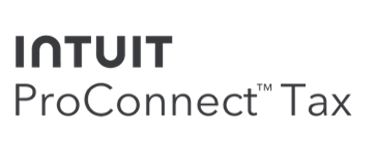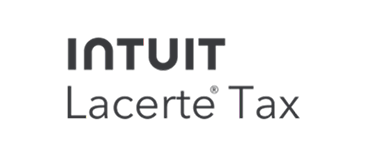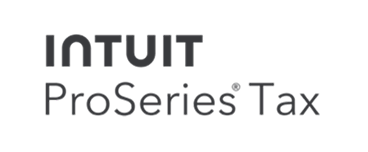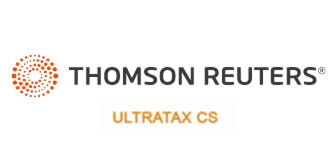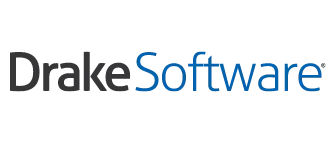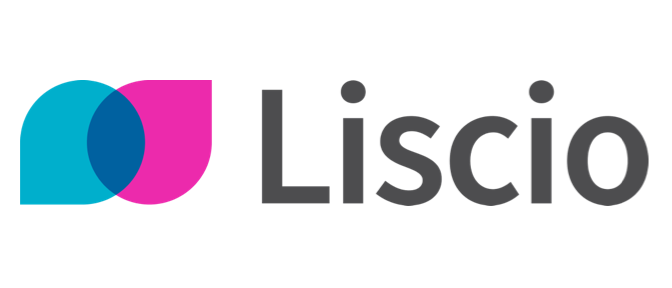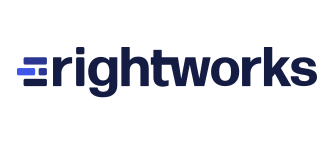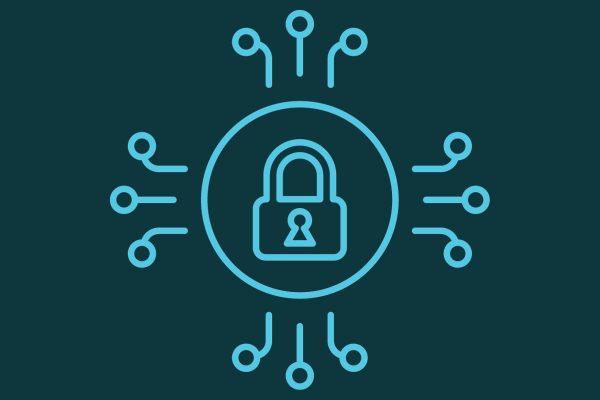
4 Free or Inexpensive Ways to Protect Yourself Against a Cyberattack
Do you currently have a well-defined, well-thought-out cybersecurity plan in place at your accounting firm?
A decade or so ago, protecting yourself against a cyberattack wasn’t a requirement for a healthy, well-functioning accounting and finance practice. Today, however, in the words of SmartVault CISO and former cybersecurity law enforcement officer Luke Kiely, having a cybersecurity plan is "an absolute must." Cyberthreats are everywhere, and if you don’t have a way to protect yourself, it’s not if you’ll be targeted, but when.
In a recent webinar, Luke explained how one major concern among accounting firms regarding cybersecurity is the cost of implementing safety measures. Developing a robust plan must require significant time and financial investments, right? While cybersecurity does cost money, and the highest-quality tools and expert services are expensive, there are actually many free or low-cost ways to protect yourself against a cyberattack, he says.
And their lack of a hefty price tag doesn’t make them ineffective, either. "Following basic principles will save you time and money and greatly reduce your chances of becoming a victim of a cyberattack," Luke notes.
Below, we’ll go over some of the best, most effective low- and no-cost tools at your disposal to safeguard your firm and your data.
1. Online resources, tools, and institutes (free)
2. Backing up your data (low cost)
Backing up your data doesn’t require a huge time investment, either. It’s likely your essential data is already stored in just a few common folders. Keep your backup separate from your work computer: You can use a USB, a different laptop, or even the cloud. "Cloud solutions are incredibly cost-effective, and they’re a great way to keep yourself safe," he says.
This isn’t just because most accountants are already using cloud storage: The cloud also means you don’t have to invest in expensive hardware up-front. Many providers offer additional storage space for a small fee. Whichever you choose, "Restrict backups so they’re not permanently connected to your network and so not all staff can access them—just a few VIPs," Luke suggests. And remember: Ransomware and malware can move between devices to anything that’s automatically attached, so for more resilience, consider storing backups in a different location completely.
3. Firewalls and antivirus/antimalware software (free)
He also encourages accountants to turn on their firewall. "A firewall creates a buffer zone between you and your own network and an external network, like the internet. Most popular operating systems now include a firewall; you may just have to switch it on on your device," he says.
4. Make sure remote employees are following cybersecurity best practices at home (free)
Continue Learning Cybersecurity Best Practices
Cyberthieves are constantly evolving, as are their methods for attacking firms. It’s the very dynamic nature of this threat that frequently leads accounting firms and firm leaders to put cybersecurity on the back burner rather than just dealing with it.
In our Cybersecurity Webinar series, Luke Kiely, as well as accounting professionals, share practical strategies to secure your firm’s data and comply with regulations. You’ll hear stories from the trenches, learn about the different types of cyberattacks, and see how to develop a straightforward plan to safeguard your firm, prepare for the worst, and communicate with your clients. Access the webinar series here.
To learn about using SmartVault to proactively protect your data, schedule a demo.
